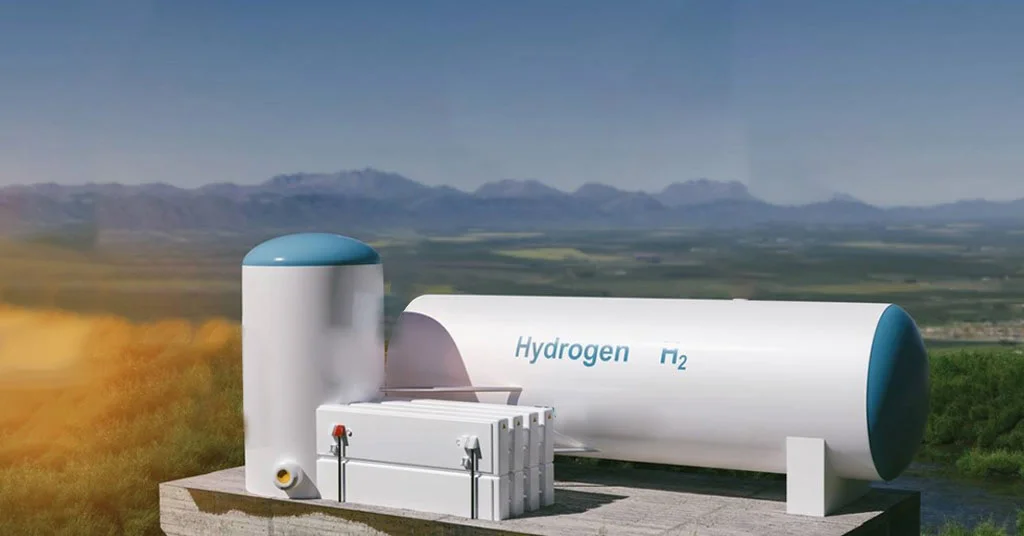Welcome To ChemAnalyst

After decades of prospering from the fossil fuel industry, the Gulf Arab states are now turning their attention to "green" hydrogen in an effort to transform their economies and address the pressing climate crisis.
Key oil producers including Saudi Arabia, the United Arab Emirates (UAE), and Oman are making substantial investments in this environmentally friendly fuel as they search for alternative revenue streams beyond oil and gas. Green hydrogen, generated through the process of water electrolysis using renewable energy sources, offers a promising solution due to its low environmental impact and diverse potential applications, making it both economically promising and environmentally beneficial.
Despite its potential, green hydrogen currently comprises less than one percent of overall hydrogen production and is not yet economically viable. Its successful adoption requires a substantial increase in renewable energy capacity, a process that could span several years.
Nonetheless, the Gulf nations recognize an opportunity to maintain their influence in the energy markets amidst diminishing oil revenues. Karim Elgendy, an associate fellow at Britain's Chatham House think tank, notes that the Gulf states perceive green hydrogen as a means to continue their prominence in global energy markets and geopolitical influence as demand for fossil fuels wanes.
Leveraging their substantial financial resources, Saudi Arabia is spearheading the construction of the world's largest green hydrogen plant at NEOM, the futuristic megacity on the Red Sea with a budget of $500 billion. This $8.4 billion facility, expected to be operational by the end of 2026, will harness solar and wind energy to produce up to 600 tonnes of green hydrogen daily.
In July, the UAE, set to host the United Nations' COP28 climate conference this year, adopted a hydrogen strategy aimed at elevating it into the top ten global hydrogen producers by 2031.
Deloitte, an auditing firm, predicts that the Middle Eastern countries, predominantly those in the Gulf region, will be at the forefront of global clean hydrogen trade in the near future, exporting nearly half of their domestic production by 2030.
However, the focus on green hydrogen hasn't hindered the expansion of oil and gas industries in these nations. Both Saudi Arabia and the UAE are actively planning to grow their hydrocarbon sectors.
Experts anticipate that it could take several years for the Gulf countries to produce green hydrogen at a cost comparable to fossil fuel-based alternatives. While the cost of renewable energy has steadily decreased due to technological advancements, the economic feasibility of green hydrogen production remains a challenge.
Aisha al-Sarihi, a research fellow at the National University of Singapore's Middle East Institute, suggests that Gulf countries will continue maximizing hydrocarbon sales for as long as feasible. Abdullah al-Nuaimi, the former climate change minister of the UAE, cautions that the current hydrogen transportation infrastructure requires substantial investment for modification to accommodate the needs of green hydrogen.
We use cookies to deliver the best possible experience on our website. To learn more, visit our Privacy Policy. By continuing to use this site or by closing this box, you consent to our use of cookies. More info.
